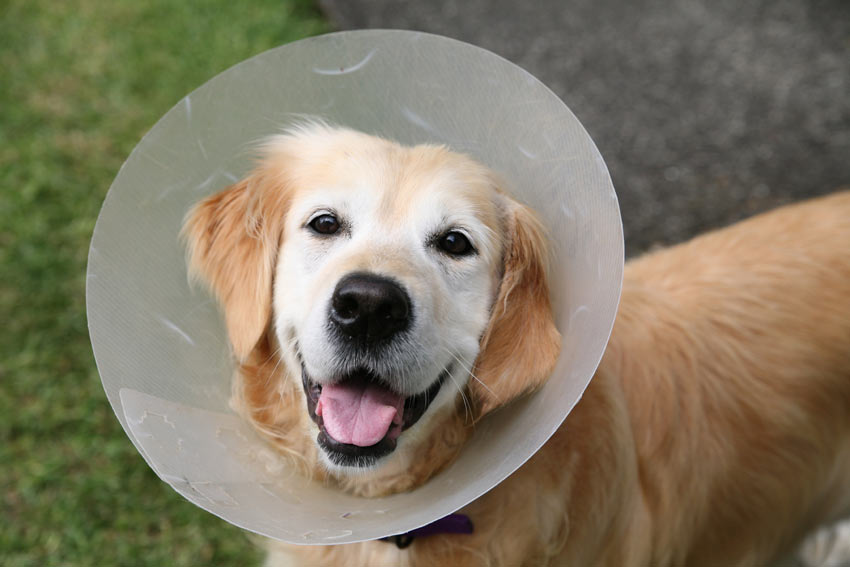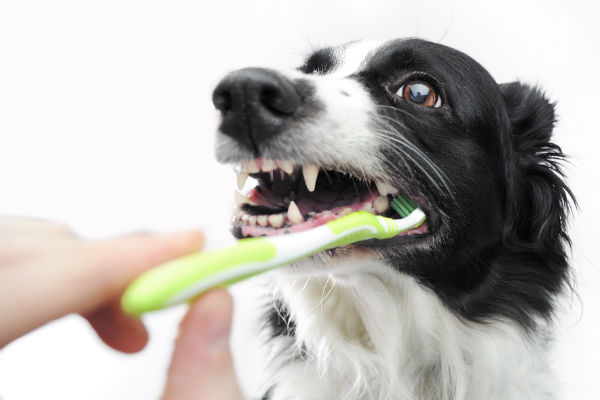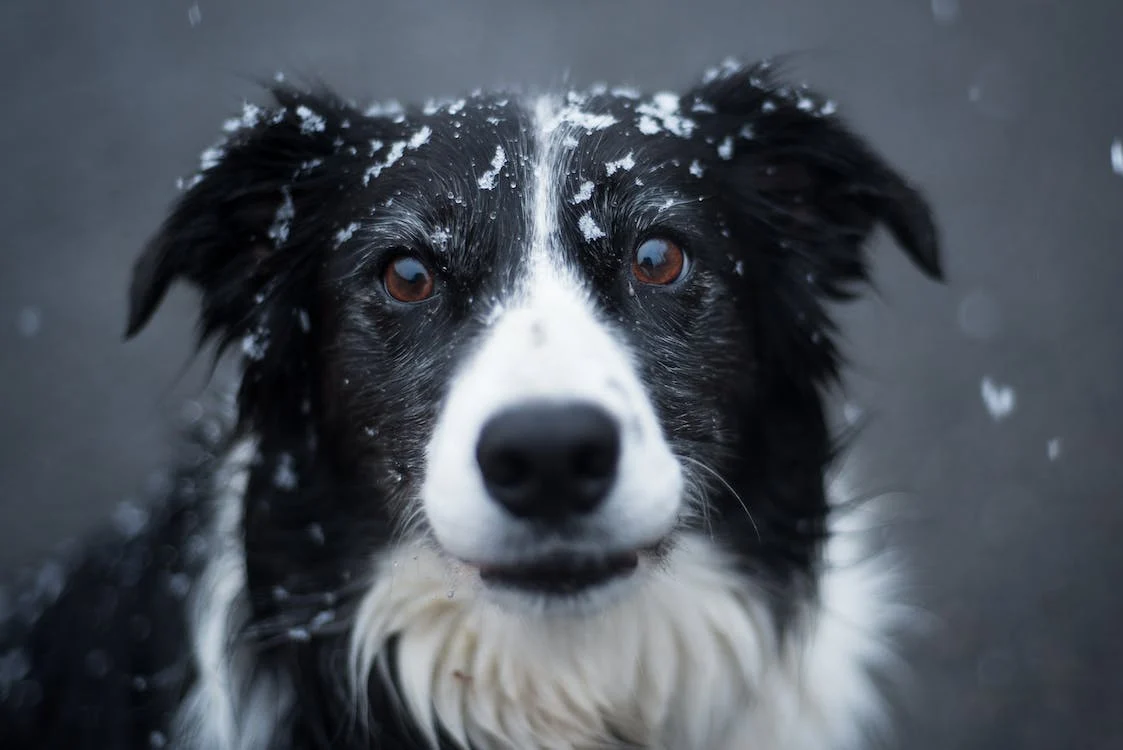Deciding to neuter your dog is a big choice that will affect their health and behavior. While routine, neutering surgery still requires aftercare and attention during recovery. Knowing what to expect after your dog gets neutered will help ensure they heal smoothly.
In this article, we’ll cover everything you need to know about the dog neuter recovery process. We’ll look at typical timelines, what to watch for, and how to help your dog feel comfortable while healing.
What is Neutering?
Neutering, sometimes called castration, is a surgical procedure to remove a male dog’s testicles. This eliminates their ability to reproduce and reduces male sex hormones like testosterone.
In addition to preventing unwanted litters, neutering offers health and behavioral benefits. Neutered dogs are less likely to roam, mark territory, or show aggression. The procedure also eliminates testicular cancer risk and curbs prostate issues later in life.
Veterinarians typically recommend neutering around 6 months of age, but timing can vary depending on breed, size, and owner preference. While a routine procedure, owners still need to closely monitor their dog during the neutering recovery period.
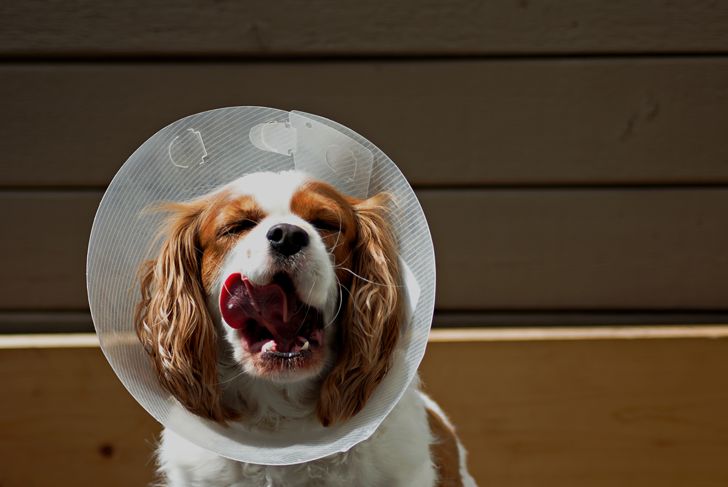
Dog Neuter Recovery Timeline
Recovery from a routine neuter procedure is usually quick and complication-free. Here’s what to expect during the typical recovery timeline:
Days 1-2: Early dog neuter recovery
Your dog will likely be groggy from anesthesia and may vomit or have diarrhea. Limit activity and use a cone collar to prevent licking or biting at the incision site. Your vet will send pain medication home.
Days 3-7: Healing begins
Appetite and energy levels start to return. Stitches or surgical glue will hold the incision closed. Avoid baths or swimming during this time.
Days 7-14: Restrict activity
Your dog should be healing well but still avoid strenuous exercise, playtime with other dogs, or any activity that could pull at the incision. Short, leashed walks are okay.
Days 14-21: Monitor the incision
The skin and tissue around the incision continue to mend. You may notice some bruising or swelling, which is normal. Avoid roughhousing or athletic pursuits.
Weeks 3-4: Back to normal
If healing normally, your vet will give clearance to resume normal activity. The incision site should be fully closed with minimal scabbing or swelling. Neuter recovery complete!
Of course, every dog heals differently. Larger dogs and senior dogs may take longer to bounce back. It’s always best to follow your veterinarian’s specific post-op instructions.
Dog Neuter Recovery Tips
Helping your dog recover comfortably from neutering surgery is important. Here are some tips for caring for your dog post-neuter:
- Use an e-collar to prevent licking and infection of the incision site. Introduce the “cone of shame” gently so your dog doesn’t panic.
- Follow all medication directions properly. Use prescribed pain relievers and antibiotics exactly as directed for the full course.
- Limit activity for the first 2 weeks. No running, jumping, rough play, swimming or other strenuous pursuits. Short leash walks are ideal.
- Monitor the incision area – Some redness, swelling and bruising is normal initially. Watch for excessive drainage, opening, or bleeding which requires a vet visit.
- Feed a normal diet – Stick to your dog’s regular food routine unless otherwise instructed by your vet. Keep water available at all times.
- Give quiet affection – Comfort your dog with gentle cuddles, brushing and massage. Keep home activity relaxed until they recover.
- Use recovery collars instead of traditional cones if your dog struggles with a cone collar. Inflatable, soft fabric and neck pillow collars offer less-bulky alternatives.
Be attentive in the days following the neuter procedure, but know your dog will likely bounce back to normal quickly. Follow vet orders, use medication as prescribed, and limit activity to facilitate smooth healing.
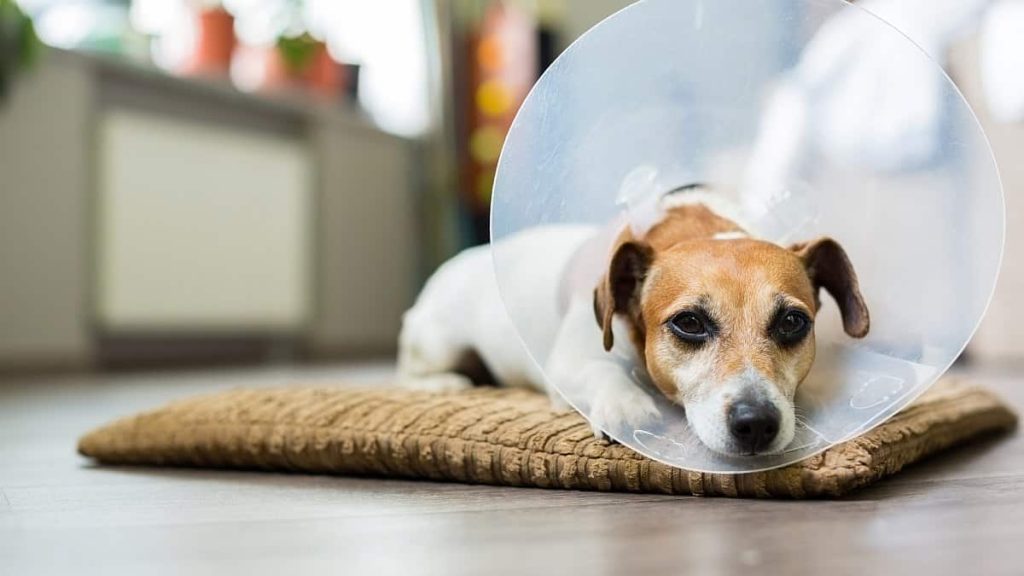
When to Call the Vet After Neuter Surgery
While most dogs recover very well post-neuter, complications can occasionally occur. Contact your vet if you notice any of the following:
- Continuous bleeding from the incision
- Significant swelling, redness or discharge
- Difficulty urinating
- Coughing, vomiting or diarrhea
- Signs of pain, restlessness or lethargy
- Lack of appetite longer than 24 hours post-surgery
- Missing stitches or open surgical site
Your vet can examine your dog and provide supportive care for any issues. Prompt treatment ensures the best recovery outcome.
Frequently Asked Post-Neuter Questions
How long will my dog wear a cone after being neutered?
At minimum, dogs must wear an e-collar continuously for 10-14 days post-surgery. Longer if they persistently bother the incision site.
When can my dog go up and down stairs after neuter surgery?
Avoid stairs for at least 2 weeks post-op, longer if possible. Take them out on a leash to prevent using stairs during recovery.
When can a neutered dog play with other dogs?
Don’t allow off-leash play or roughhousing with other dogs for at least 2 weeks post-surgery. Full clearance may take 4 weeks or longer.
How long after neuter until the dog’s hormones are gone?
Testosterone levels in the blood drop quickly after neutering, but some effects can linger 2-4 weeks until hormone levels fully dissipate.
Can neutered dogs still get erections?
Yes, neutered dogs can still get erections and ejaculate. The fluid just won’t contain sperm. These behaviors may continue lifelong.
Recovering from neutering surgery is usually simple as long as owners monitor their dog closely afterward. Limit activity, prevent licking, and follow vet orders during the healing period. Before you know it, your dog will be back to their happy, healthy selves after being neutered!
